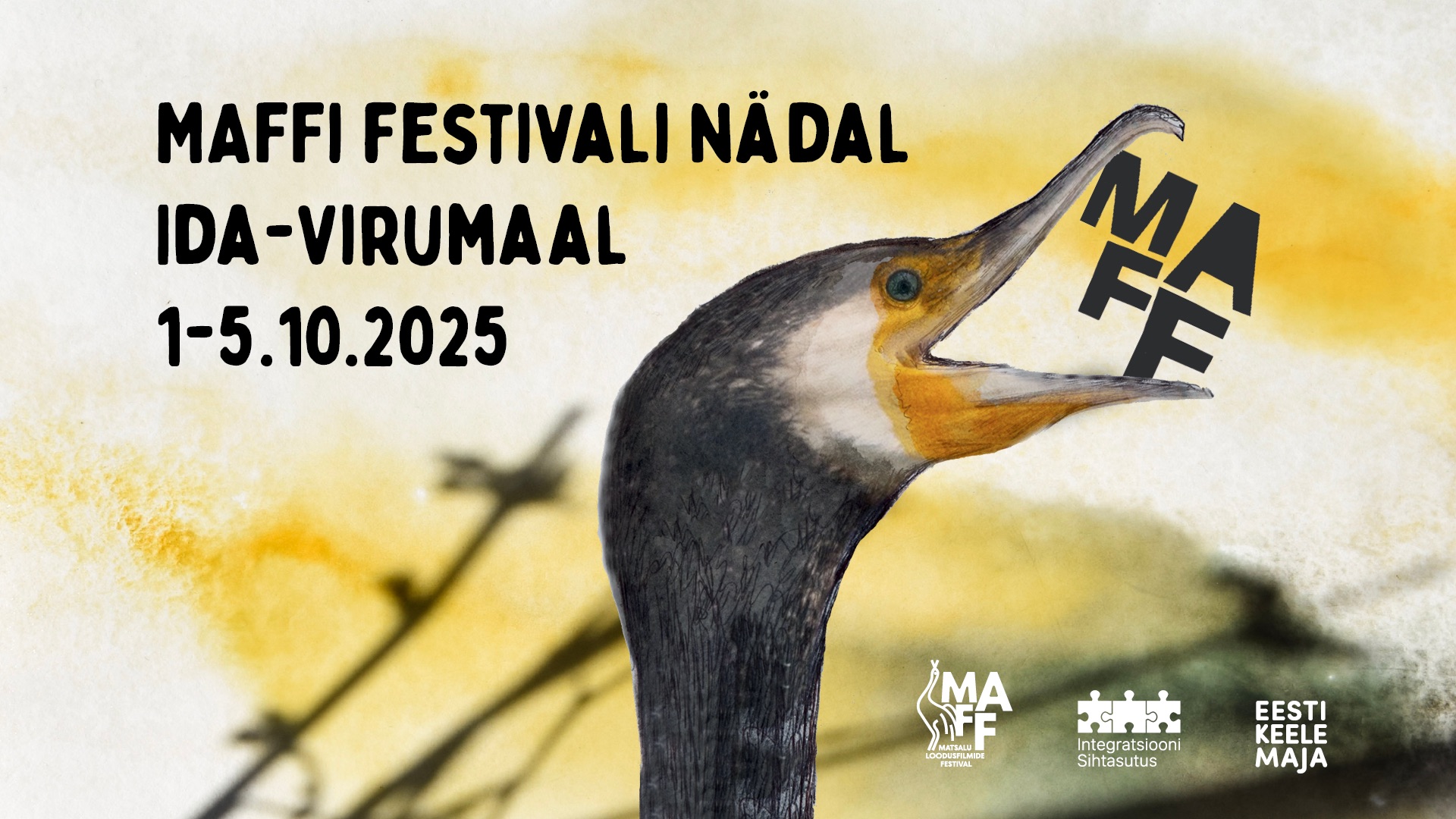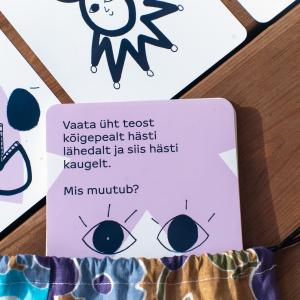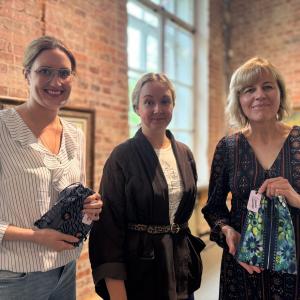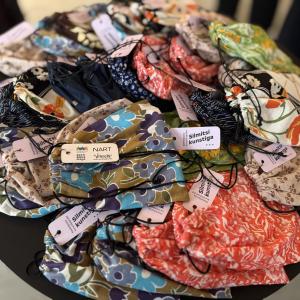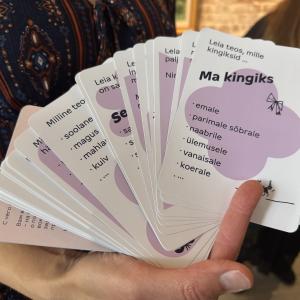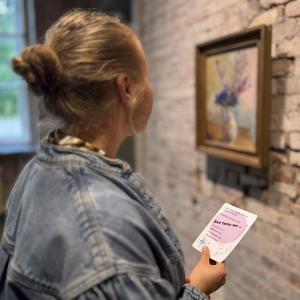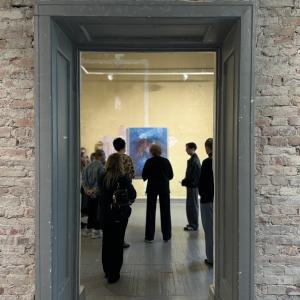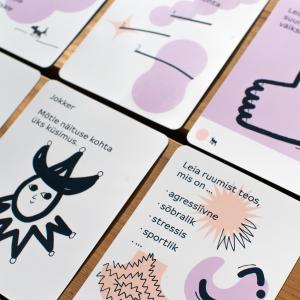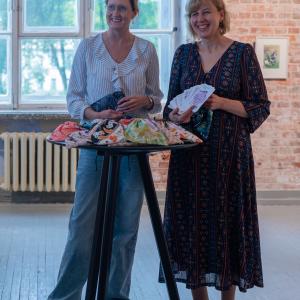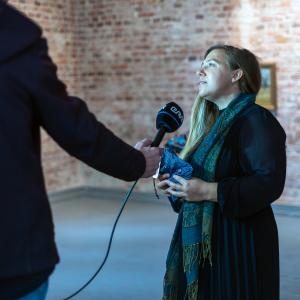The first week of October (1–5 October) brings the films and various activities of the International Matsalu Nature Film Festival (MAFF) to Narva and Ida-Viru County. This year, the festival will expand beyond the limits of Narva for the first time – on 4 October, a full day of exciting activities will take place at the Aidu quarry and the Aidu Water Sport Centre.
This time, MAFF offers something new at the Estonian Language House in addition to the familiar Nature Film Day. This year, the festival is truly an Ida-Viru County festival, not just an event in Narva – on 4 October, an entertaining and adventurous festival day will take place at the Aidu quarry and Water Sport Centre in cooperation with the Aidu Water Sport Centre.
The Aidu quarry was chosen as the venue for the festival because it is a place where the intersection of humans and nature can be experienced very distinctly – the former mining landscape has become a place where nature has returned and where humans have found new uses for it. During the hikes on 4 October, participants will hear stories about the past and the future of the area.
The Aidu Day of the MAFF in Ida-Viru County (4 October) offers an opportunity to participate in the following events:
- 10.30 a.m.–2.30 p.m. hike in the Aidu quarry (up to 20 people). Register here.
- 12.45 p.m.–3.00 p.m. canoeing and excursion along the Aidu canals (up to 20 people). Register here.
- 3.30–5.30 p.m. film screening and discussion (up to 50 people). Register here.
- 6.00–8.00 p.m. Kaia Karjatse concert with singing bowls and gongs (up to 40 people). Register here.
‘The MAFF in Ida-Viru County is an event that raises environmental awareness as well promotes integration. The Estonian Language House of the Integration Foundation aims to reach everyone in Narva as well as Ida-Viru County in general who cares about nature and the environment, regardless of their nationality or age. This is a shared issue for all of us. By watching the latest nature films by Estonian and international directors and experiencing nature together, we contribute to understanding diversity in its broadest sense,’ said Anna Farafonova, Head of the Estonian Language House.
Narva film programme:
On 1 October, a special film night will take place at the Estonian Language House in Narva, where Riho Västrik’s wordless nature film Notes from the Woods will be screened.
On October 5, the Narva Film Day will take place with a special guest. The audience will enjoy the following films: Seven Sands by Estonian director Aare Baumer, followed by a meeting with the author. On the same day, films from around the world will also be shown: Little Mouse – Brave Mother, The Neighbor Boar, and Love in the Air.
Nature films will also be shown in schools in Narva during the festival week.
International programme:
Films that reveal lesser-known aspects of familiar animals (mice, wild boars) to the audience are also coming to Ida-Viru County. We often encounter them in a negative context, but these films help viewers understand and perhaps even sympathise with them. The programme also includes more exotic stories, such as the fate of the endangered burrowing owl in North America in Burrowing Owls: A Love Story or the flying prowess of different species and the beauty of courtship rituals in the air in Love in the Air.
Please note!
- The Aidu programme on 4 October – hikes, film screenings, and the concert – requires pre-registration (limited number of places). Join the Facebook event here.
- Hikers are asked to bring a €10 participation fee, which includes hot soup and the use of a sauna.
- You can register for the film events taking place on 1 October and 5 October at the Narva Estonian Language House via the self-service portal of the Integration Foundation or simply turn up on the day.
